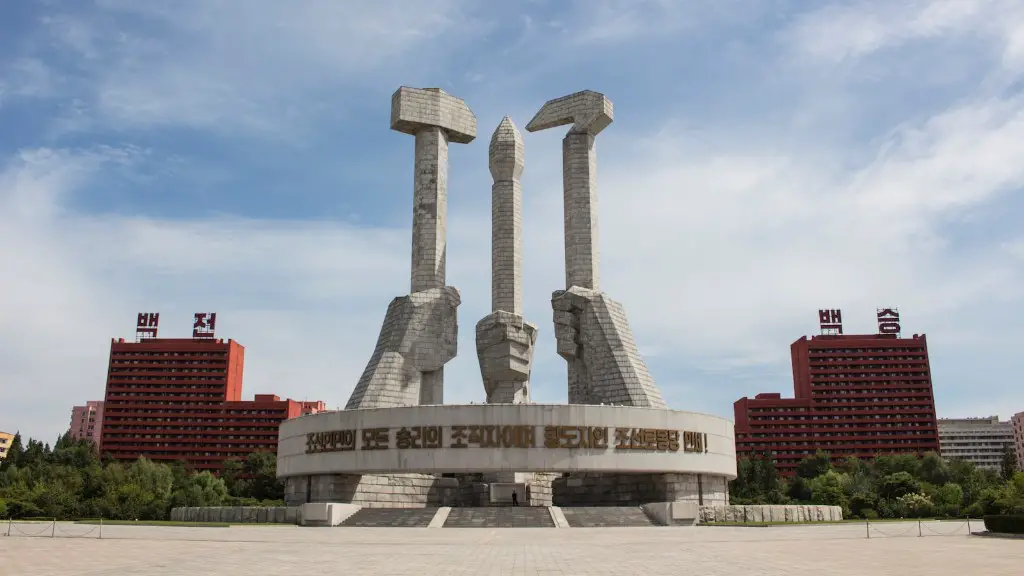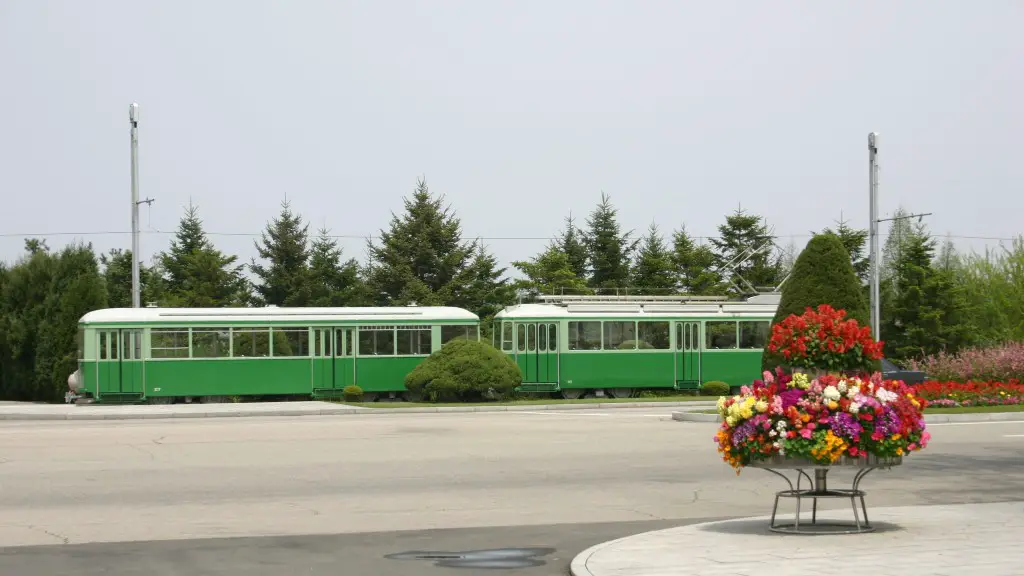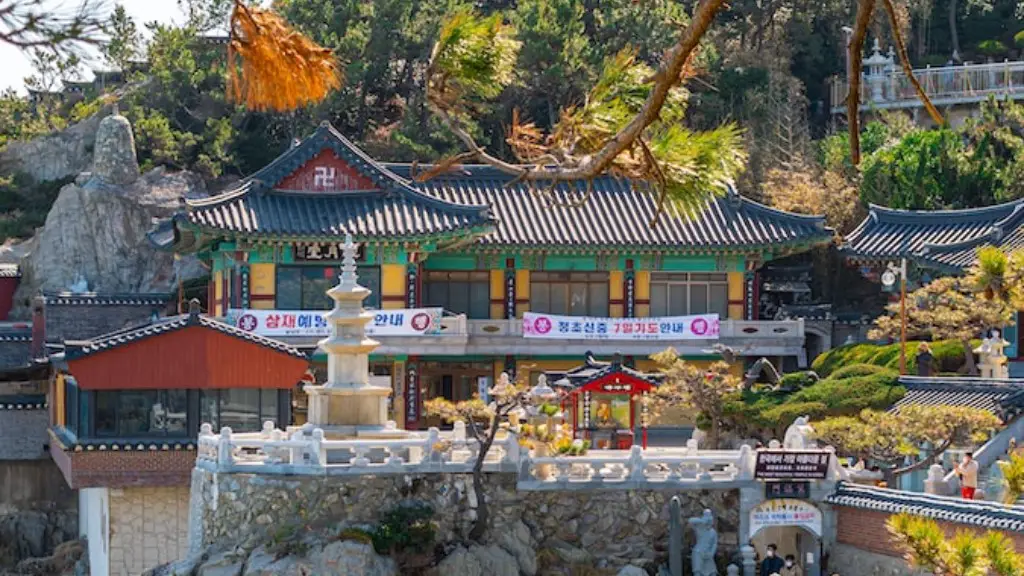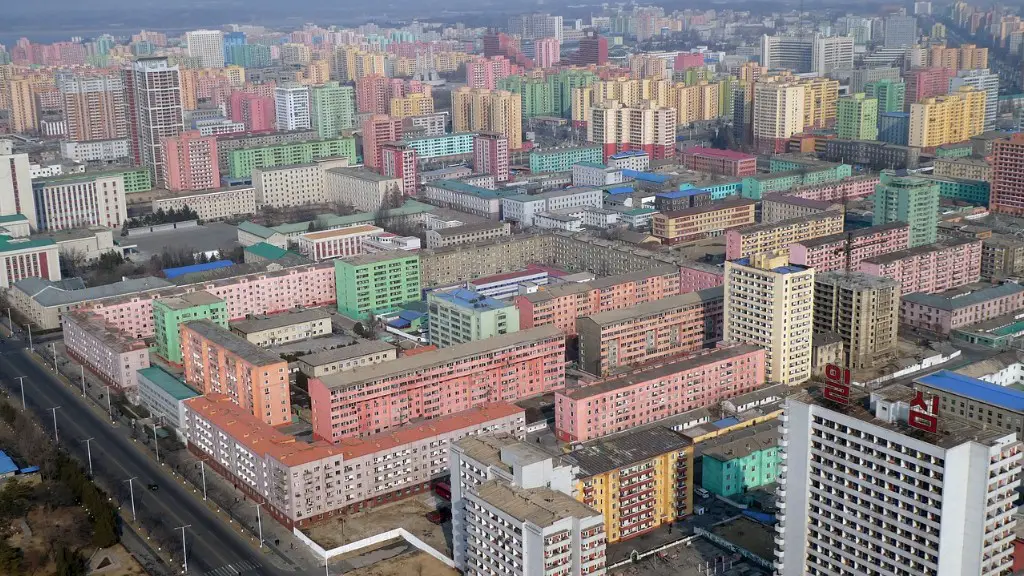The Growing Pressure to Liberate North Korea
The global community has continuously been applying pressure to North Korea in the bid to liberate the citizens of the nation, who have been living in fear and suffering in silence. From the United Nations to non-governmental organisations, there has been a growing call to end the oppressive regime that continues to seal its borders and deprive its people of basic human rights. The international community is not only concerned with North Korean human rights abuses, but with the country’s ballistic missile capabilities that threaten regional peace and security, creating regional tension in Southeast Asia.
It is widely acknowledged that the only long-lasting solution to fully liberate North Korea is for the nation to be opened to the outside world and embrace the adoption of human rights and democracy. South Korea has taken a lead from the international community in their approach to reunification, even finding ways to collaborate with their northern neighbours to achieve it. This reunited Korea would be a giant leap towards positive change in the region, potentially having positive economic, social and political impacts across the world.
The key question is when will North Korea be liberated? For an answer to this, one must look to the history of the Korean peninsula. The Korean War saw a significant decrease in the Korean population, with many Korean citizens escaping the conflict and re-establishing themselves in other countries. In the ensuing years, North Korea sank deeper and deeper into poverty, and over time its government entrenched itself in totalitarianism, denying its citizens basic human rights.
At the same time, South Korea has gone through tremendous transformation, developing into a powerhouse of the global economy and a democracy. This has made the reunification of the two nations much harder, as it has in many ways entrenched the hostility between North and South Korea. With North Koreans insulated from the outside world by their government, South Koreans are separated from their northern neighbours by a thick fog of suspicion, mistrust and fear.
International efforts to make change have been underway for decades, but no meaningful plans for reunification have been agreed upon. South Korea remains firmly committed to securing the human rights of North Koreans, yet has no capacity to act on it, as attempts to reach out have been met with resistance. This has led to a sense of exasperation among members of the international community, with many calls to take further action in order to liberate North Korea.
Despite this, change is happening in North Korea. Citizens are increasingly becoming better educated and more savvy when it comes to technology, and the outside world is increasingly being exposed to them. It is becoming increasingly difficult for the government to hide its shortcomings and actions that violate the rights of its citizens. This is demonstrating that there is an opportunity for change and as a result, a more confident and committed population of North Koreans.
The international community is also becoming more vocal and vocal in demanding an end to the human rights abuses in the nation and calling for greater accountability from the North Korean government. As the pressure mounts, meaningful change in the nation has become increasingly possible, and it is becoming increasingly difficult for the North Korean government to resist global calls to reform.
Economic Implications ofLiberation
The liberation of North Korea could have far-reaching economic implications for the region, as the potential for investment and new business opportunities would be significant. North Korea has a great deal of untapped potential and the liberalization of the nation could lead to an influx of foreign investment and the potential for a healthier and more stable economy.
This would have a positive impact on the region, with the potential for more cross-border trade, as well as for countries in the region to benefit from the economic development that would result from a united Korea. In addition, the increased connectivity could lead to increased collaboration between South and North Korea, which could lead to greater economic integration between the two and ultimately, liberation.
However, economic development is not always sufficient to bring about liberation. The history of Korea, and the current political situation, suggests that the liberation of North Korea would likely require the development of a bipartisan approach between South and North Korea. Such an approach would require a far-reaching strategy, focusing on political, social, and economic reconciliation.
For this to be successful, there would have to be an acknowledgement of the need for change and recognition of the need to open up to the world. For example, North Korea would have to negotiate with foreign powers, ensure the safety of its citizens, and promote greater human rights. It would also need to build a better relationship with South Korea, and ensure the safety and security of North Korean citizens while they are on their way to achieving freedom and prosperity.
International Cooperation inLiberation
In order for the liberation of North Korea to be fully achieved, international cooperation is required among states and organisations, as well as between North and South Korea. The international community would need to help North Korea build trust with other states in the region, which can only be achieved by ensuring the safety and security of its citizens. The international community would also need to help build a more open and stable economic environment in North Korea, which can only be achieved by providing economic assistance.
The international community, as well as NGOs, would also need to help North Korea become more engaged with the outside world, by providing aid and development assistance to the nation. For example, providing access to clean water, health care, education, and other basic services that have been lacking in North Korea for so long.
At the same time, the international community should also ensure that North Korea is held accountable for its human rights abuses, and ensure that it is not supporting any activities that undermine human rights. This can be done through the imposition of targeted sanctions and other measures, as well as by leveraging North Korea’s geopolitical position to ensure it abides by the international norms of behaviour.
The success of this international cooperation will ultimately depend on the willingness of the North Korean government to engage with the outside world. North Korea must come to terms with the need for change and must be willing to accept the assistance that the international community is offering in order for the liberation of the citizens to be completed.
Implications for the Future
The liberation of North Korea has the potential to bring about positive change to the region, and to the world. It could lead to increased economic integration between North and South Korea, improved economic security regionally, the elimination of human rights abuses, and the restoration of basic human rights. It could also lead to increased international cooperation and the development of a more peaceful and stable region.
However, the future of North Korea will ultimately depend on the international community and its willingness to work together to ensure the liberation of its citizens. In order to achieve this, there needs to be more substantial measures taken, including new and more effective economic sanctions, as well as more meaningful international support for the country.
It is clear that the liberation of North Korea will not be easy, and it will take many years to achieve. Nevertheless, it is possible, and with the support of the international community, North Korean citizens can one day be liberated.
Role of South Korea in Liberation
South Korea has an important role to play in the liberation of North Korea. South Korea can provide important support to the international community in achieving the goal of unification and liberation, by using its diplomatic, economic and political leverage to encourage the North to commit to human rights and democratic reforms.
South Korea could also provide important assistance to North Koreans as they make the often-difficult transition to a more open and democratic society. For example, South Korea could provide economic aid and development assistance to the North, as well as technical assistance and training in fields such as education, healthcare, and other areas that could help build a stronger, more prosperous nation.
South Korea could also play a crucial role in ensuring that the North Korean government is held accountable for its human rights abuses. South Korea can leverage its influence within the international community, as well as its economic and political power, to ensure that the North Korean government is held accountable for its actions and that it is held responsible for its human rights abuses.
The liberation of North Korea is possible, but it will require the cooperation, commitment, and hard work of the international community and of South Korea. With the support of all involved, North Korean citizens can enjoy a brighter future and freedom from oppression and fear.
Efforts to Improve Human Rights
The international community has taken great strides to improve the human rights of North Koreans. In 2019, the United Nations established a special rapporteur for human rights in North Korea to monitor, report and advise on human rights in the country. This followed a string of U.N. resolutions that sought to address the systemic abuses of human rights committed by the North Korean government.
At the same time, numerous international non-governmental organisations such as Human Rights Watch, Amnesty International and Freedom House, have been advocating for reform in North Korea and working with other organisations to strengthen the protection of human rights in the country.
At the same time, South Korea has taken a more proactive approach in improving human rights in the North. South Korea has established a number of programs aimed at assisting North Koreans in their efforts to improve their own human rights, including providing asylum and providing North Koreans with access to South Korean educational institutions.
These efforts have seen some successes, including the release of some high-profile prisoners, the closure of some political prison camps, and an increase in the number of North Korean defectors. However, there is much work still to be done to ensure the full protection of human rights in North Korea.
The liberation of North Korea is a long and complex process, and one that will require the commitment and hard work of both North and South Korea, as well as the cooperation of the international community. With the right support, North Koreans can look forward to a brighter, more secure future.





